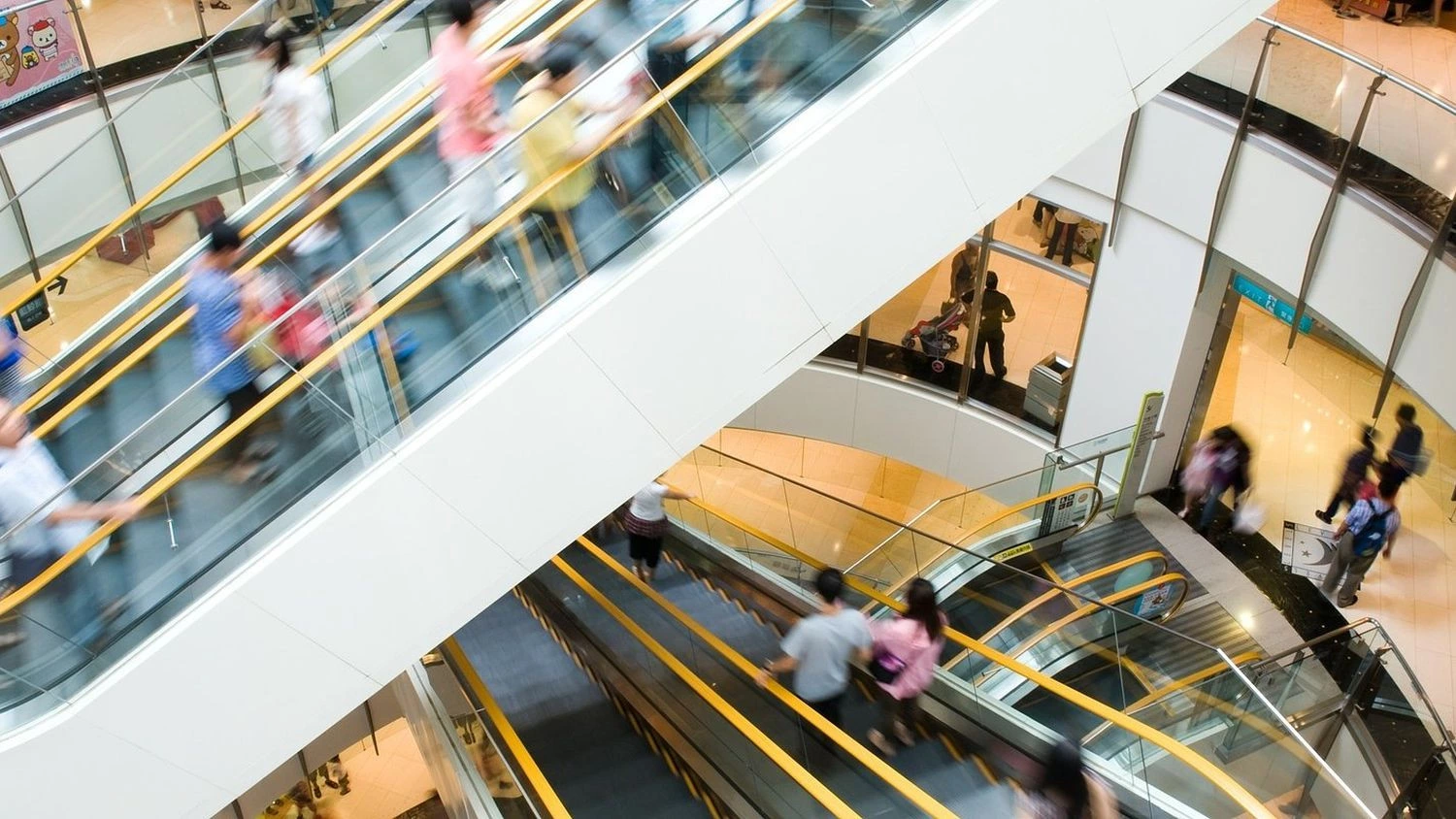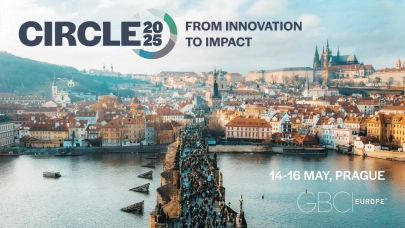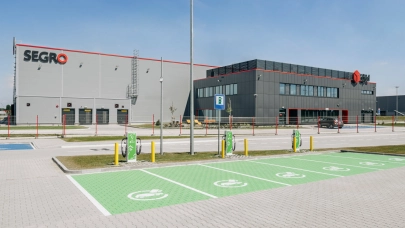
According to the latest report from BNP Paribas Real Estate Poland, Poland’s retail market experienced record growth in 2024, expanding at its fastest pace since 2015. This was driven by the strength of evolving retail parks. Another key report finding is the growth of the luxury goods market and the increasing practical use of AI in retail.
In 2024, approximately 545,000 sqm of modern retail space was added to the Polish retail market, marking the best result for new supply since 2015, which saw around 620,000 sqm delivered. In the fourth quarter alone, approximately 200,000 sqm came onstream, bringing Poland’s total retail stock to around 16.5 million sqm.
At the end of 2024, the retail development pipeline, including redevelopments and reformatting projects, stood at approximately 330,000 sqm, around 74% of which was under construction in retail parks and only 10% in shopping centres. This highlights the growing prominence of retail parks as local retail destinations offering a quick and convenient shopping experience - a trend that has been gaining traction since the pandemic.
The transformation of retail parks
The retail park and convenience shopping centre market in Poland is going through a significant transformation.
“Retail parks built in Poland before 2010 offered up to 100,000 sqm of retail space, typically with a relatively limited tenant mix. In contrast, today’s retail parks are smaller, averaging an average of less than 10,000 sqm, and feature a more diverse tenant mix. They are increasingly emerging in smaller towns, including those with populations below 50,000”, comments Fabrice Paumelle, Head of Retail.
According to an analysis by BNP Paribas Real Estate Poland, approximately one-third of leasable space in retail parks is occupied by discount chains such as Pepco, Action, TEDI, and Dealz, while grocery discounters account for 15%. Retail parks in large agglomerations attract more F&B, entertainment and DIY tenants - they are also increasingly serving as showrooms and click-and-collect locations, being aligned with omnichannel strategies.
The largest retail park completed in the three months to December 2024 was Vendo Park Szczecin, spanning 22,000 sqm and developed by Trei Real Estate. Other major retail openings during this period included the redeveloped Sukcesja shopping centre in Łódź. Rebranded as Nowa Sukcesja, the retail scheme offers one of the largest entertainment zones in Europe, covering over 46,000 sqm.
Trends to watch in the coming years: luxury goods and AI in shopping
Against this background, Poland’s luxury goods market continues to go from strength to strength.
“According to KPMG data, this market hit PLN 55.6 billion at the end of 2024, representing a year-on-year increase of 24.6%. While Poland’s luxury goods market is still catching up, the rising purchasing power and consumer awareness have driven demand for luxury goods and services, reflecting broader economic and social changes in the country”, says Klaudia Okoń, Senior Consultant, Business Intelligence Hub & Consultancy.
In 2024, the largest segment, accounting for 65% of this market, was premium and luxury cars, with an estimated value of PLN 36 billion. It was followed by the luxury hotels and SPA services market, valued at PLN 7.8 billion (a 14% share).
The expectations of e-commerce consumers are also evolving. For most e-consumers, complicated payment processes remain the primary reason for abandoning making purchases. However, advanced technologies, including one-step checkouts or one-click payment options like Apple Pay, are likely to further drive the popularity of intuitive, quick and secure online shopping.
Additionally, with consumers increasingly ordering goods from abroad, cross-border sales are projected to grow at twice the rate of domestic trade. 2025 is expected to bring further advancements in functionalities that will deliver more engaging and personalised shopping experiences. By leveraging breakthroughs in generative artificial intelligence, e-commerce market players will be able to integrate virtual fitting rooms, furniture visualisations in real homes, interactive showrooms and AI-powered assistance.



